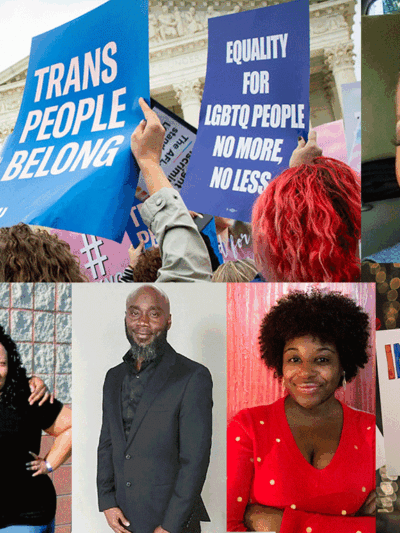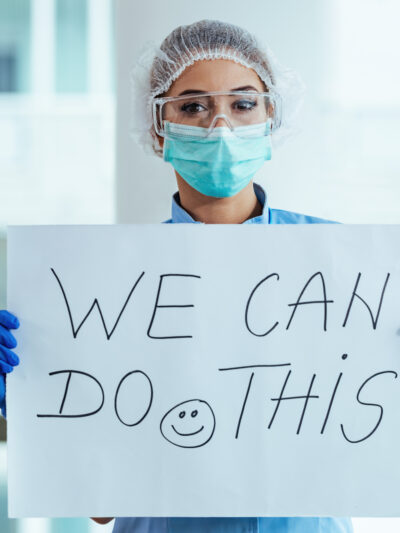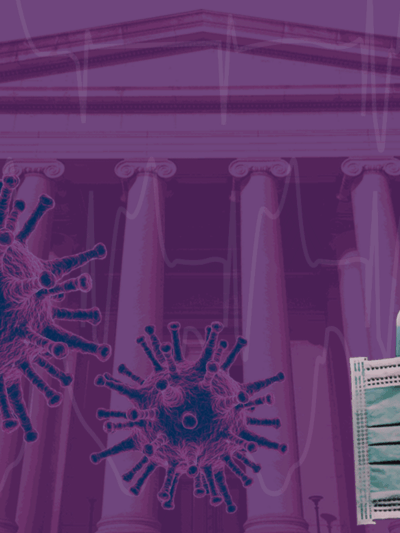News & Commentary
The Racist Past of Government Surveillance
The United States has a long history of surveilling Black activists, like Dr. Martin Luther King, Jr., Malcolm X, Ella Baker, and Marcus Garvey.
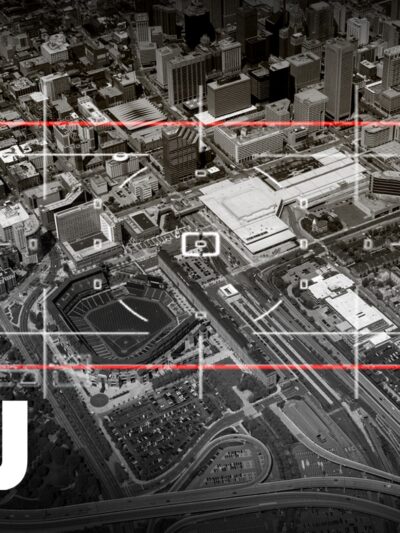
Let’s Talk About Your Most Frequently Asked Questions
There’s No Such Thing as a Dumb Question. (Although, some may be insensitive.)

Reflecting on the Black Lives Matter Movement
Throughout history, Black people have always led the fight for Black liberation: like Nat Turner’s uprising in 1831, the Abolition movement in the 19th century, the Civil Rights Movement in the 50s and 60s, the Black Power movement in the 60s and 70s, and currently the Black Lives Matter movement.
By Dana Vickers Shelley, Yanet Amanuel, Josh Johnson
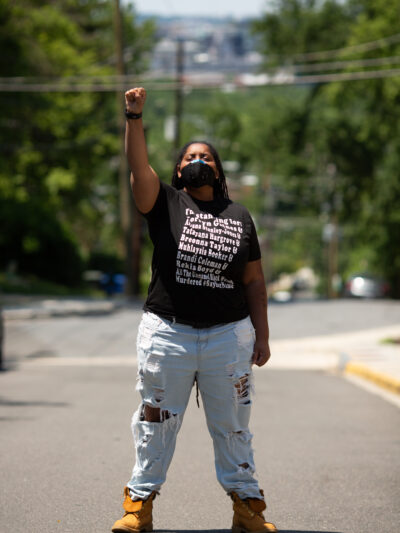
Learning During COVID-19: Black and Brown Children Deserve the Necessary Tools to Learn Remotely
During these unprecedented times, we have endured a quarantine and reshaped how our jobs and school systems operate. You might be wondering how this is all affecting your child, especially their education. While many parents and guardians have had to transform into teachers during this quarantine, Kyla-Marie James, an 11th grader at Mergenthaler Vocational Technical School, describes the new responsibilities that students have had to take on and the struggles she sees other children facing as schools closed out the year remotely because of the COVID-19 pandemic.

Demanding Accountability from the Police and Courts
UPDATE: On the week of June 29th, the state appeals court rebuked Judge Mickey Norman for improperly disregarding the emphatic verdict by the jury seeking to hold police accountable for the killing of Korryn Gaines. While we are pleased that the Maryland’s appeals court restored the Gaines family’s hard-won monetary verdict, we must continue forward towards holding police departments accountable for their officers deadly actions. With this victory, the jury’s verdict and the appeals court decision tell us BlackLivesDoMatter.

“I am scared for my life”: The Impact of COVID-19 Outbreaks in Detention Centers
Across the country, COVID-19 outbreaks have resulted in hundreds, if not thousands, of reported positive cases among the population of immigrants who are detained. Cases will only increase as we approach the peak of the coronavirus pandemic. Substandard medical care in our detention centers has already resulted in deaths for other illnesses, including a 16-year old boy who died of the flu at the Customs and Border Protection facility in Weslaco, TX. A man in New Jersey died from gastrointestinal bleeding after being denied the necessary medical care to save him.
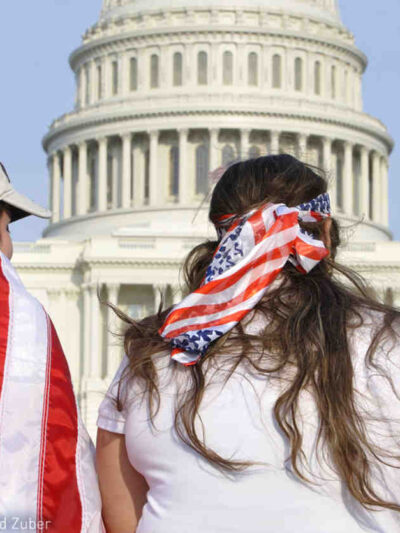
Stay Informed
Sign up to be the first to hear about how to take action.
By completing this form, I agree to receive occasional emails per the terms of the ACLU’s privacy statement.
By completing this form, I agree to receive occasional emails per the terms of the ACLU’s privacy statement.

